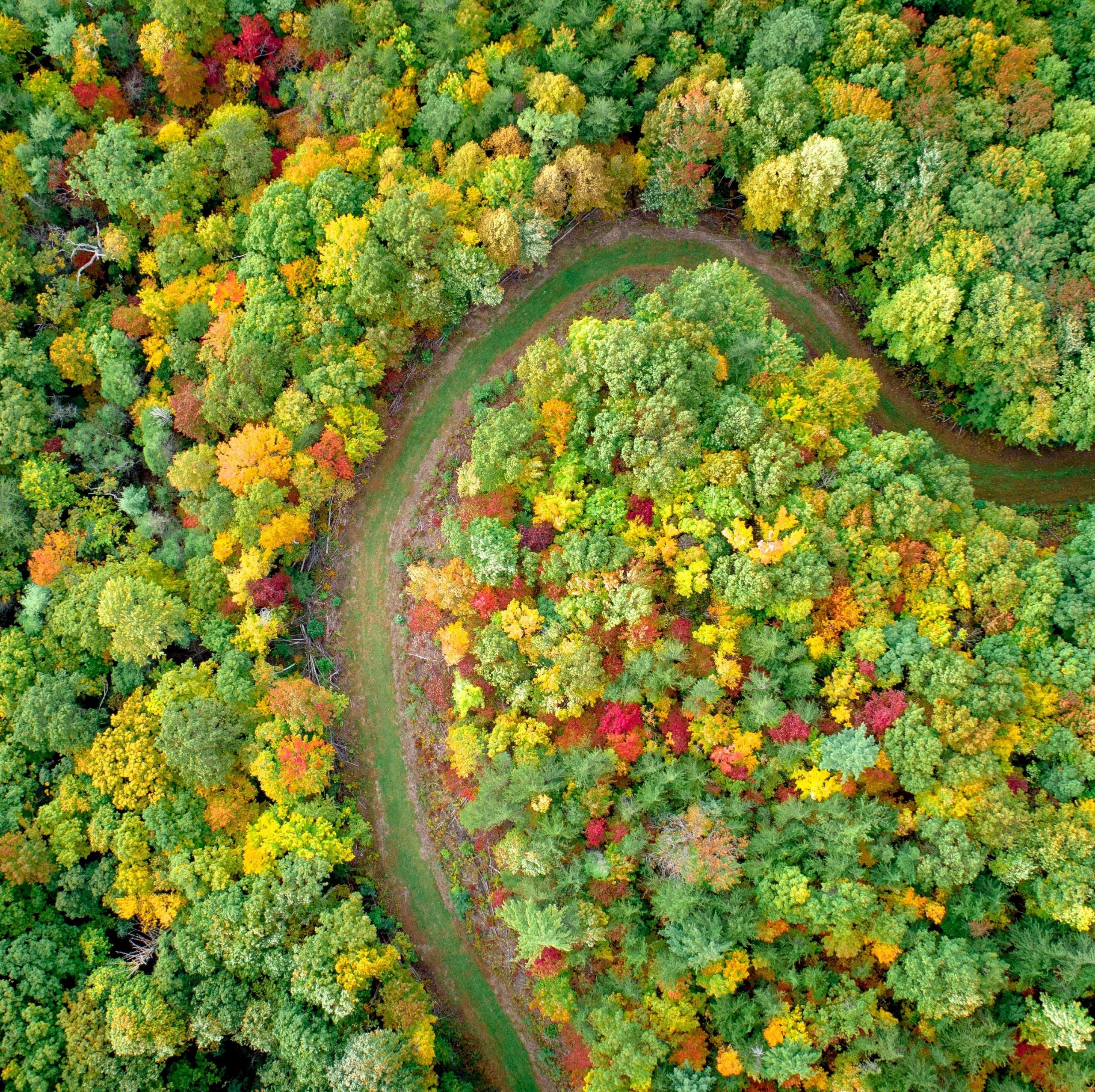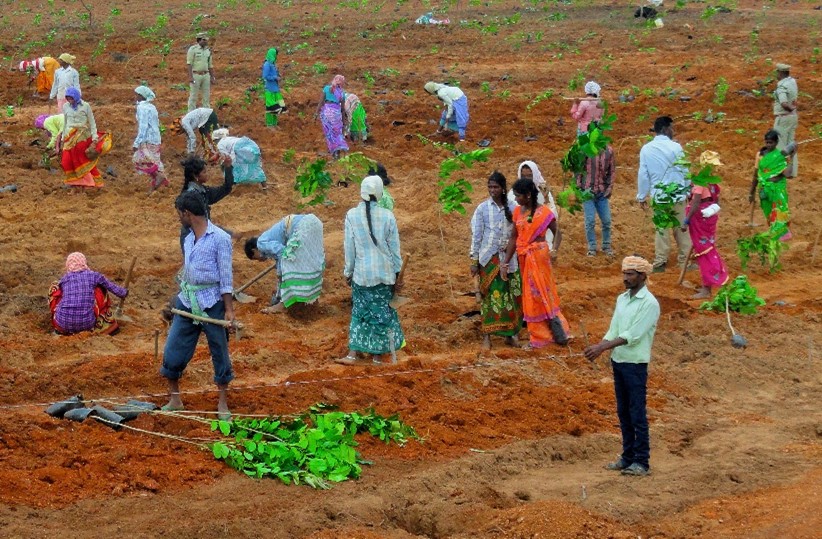
During 2020, the ISC embarked on an ambitious project with the United Nations Development Programme to explore Conversations on Rethinking Human Development. Through this project, the message from all science was clear – that current ideas of progress and development threaten the stability of the planet and thus our own well-being. This sentiment is echoed in the key messaging from the UN’s International Day of Forests – that forest restoration and the sustainable management of these ecosystems are highly important for human well-being.
To acknowledge the day, the ISC is highlighting some of the key actions and impacts from the International Union of Forest Research Organizations (IUFRO), as well as other key publications and projects that explore the issues raised by Director-General of the Food and Agriculture Organization of the United Nations (FAO), QU Dongyu, who signaled in his international day message, that the restoration of forests will require a global, multidisciplinary effort from all science:
Restoring forests – and managing them more sustainably – is a cost-effective option to provide multiple benefits for both people and the planet. Investments in forest restoration will contribute to economic recovery from the COVID-19 pandemic by creating green jobs, generating livelihoods, greening cities, and increasing food security.
Director-General of the Food and Agriculture Organization of the United Nations (FAO), QU Dongyu
The ISC, along with its partner IIASA, an ISC Member, as part of the Bouncing Forward Sustainably: Pathways to a Post-COVID World project, recently released a report on Resilient Food Systems, arguing for the adoption of ambitious targets for biodiversity conservation and protection of critical natural resources alongside strengthened enforcement mechanisms and incentive structures for environmental stewardship – a message that aligns with the International Day of Forests on the vital role of international cooperation and partnerships.
The recent publication by the IUFRO, Getting Everyone On Board to Succeed in Forest Landscape Restoration, also calls on the international scientific and policy making community to urgently build partnerships through multidisciplinary action to restore degraded landscapes through collaborative efforts. The IUFRO has also created a set of guidelines for implementing forest restoration to drive the cooperation forward.

ISC Member, the International Union of Forest Research Organizations (IUFRO), works to highlight the interconnections between forests, science, and people through advancing research, sharing knowledge and fostering the development of science-based solutions to forest-related challenges for the benefit of forests and people worldwide.
Sound science and practical experience offer options for restoring degraded forest landscapes to the benefit of forests and people. However, avoiding land degradation, deforestation, and biodiversity loss should always be our goal in the first place.
Dr. John Parrotta, IUFRO President
In early 2020, the IUFRO also outlined the ecological, social, and economic dimensions of Forest Landscape Restoration (FLR), while recognizing related challenges in these areas in their publication Forest Landscape Restoration Implementation: Lessons Learned from Selected Landscapes in Africa, Asia, and Latin America.
To learn more about forests, network with others who are interested, and support the accomplishments of women in forestry, register for the upcoming IUFRO online conference Forests in Women’s Hands – International Online Conference on Women in Forestry which will take place on 12 – 13 April 2021.
Regular IUFRO updates are available on the IUFRO news page, and more IUFRO events are listed on the IUFRO events calendar.
The theme of forest restoration for this years’ International Day of Forests also coincides with the UN Decade on Ecosystem Restoration (2021 – 2030). As the planetary boundary for biodiversity integrity has been crossed and continues to be exceeded due to human activities, there is a growing necessity to protect and revive ecosystems worldwide.
The UN Decade on Ecosystem Restoration is led by the United Nations Environment Programme and the Food and Agriculture Organization of the United Nations and will officially launch on June 5th, 2021. The mission of the decade is to build political momentum and on the ground initiatives to invigorate eco-restoration efforts for a sustainable future.
To discover ways to get involved with the UN Decade on Ecosystem Restoration, sign up here to join the movement.
Conversations on Rethinking Human Development
It has been 30 years since the first Human Development Report was published in 1990. Since that time, our world has changed considerably. Current and impending crises in ecological, health, political, and economic systems have become evident. Fundamental shifts are taking place in how we understand ourselves and our connections to local and global societies and our planet in the light of new technologies, socio-political realities and deep environmental changes.
Photo by Nathan Anderson from Unsplash.